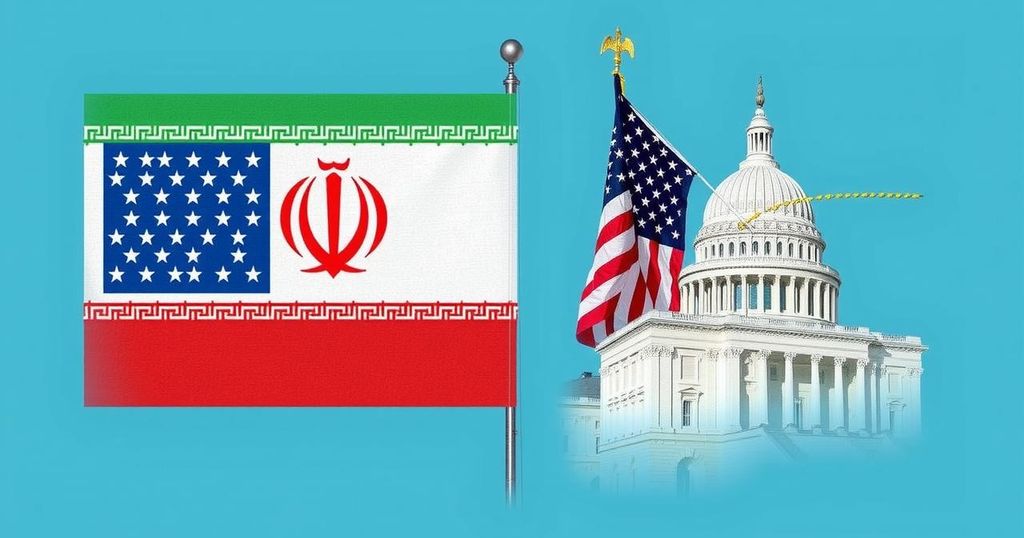Iran has outlined conditions for nuclear negotiations with the U.S., indicating talks will resume only if the U.S. returns to the JCPOA. Discussions with European nations, China, and Russia are ongoing with a focus on reviving the agreement after the U.S. withdrawal in 2018. Iranian officials emphasize the peaceful intentions behind their nuclear program amid stalled negotiations since August 2021.
In a recent televised interview, Iranian Foreign Minister Abbas Araghchi asserted that negotiations concerning Iran’s nuclear program would not proceed with the United States unless it returns to the Joint Comprehensive Plan of Action (JCPOA) or explicitly clarifies its policy on the matter. He emphasized that while discussions with the U.S. are contingent on these conditions, negotiations will continue with European nations, China, and Russia. Araghchi revealed that Iran had engaged in discussions with the U.K., France, and Germany, alongside EU representatives, aiming to identify pathways to resume nuclear talks.
Araghchi reiterated that Iran has consistently maintained its commitment to negotiations, underscoring the peaceful intentions of its nuclear program and its readiness to assure the international community of its nature. The JCPOA was established in 2015 between Iran and six major powers, but was abandoned by former U.S. President Donald Trump in 2018. Current President Joe Biden has indicated a willingness to restore the agreement.
Talks aimed at revitalizing the JCPOA commenced in Vienna in April 2021, focusing on the feasibility of the U.S. rejoining the agreement and lifting sanctions imposed by the previous administration, which have stalled negotiations due to the U.S.’s firm stance on not completely rescinding sanctions. Iran has requested assurances from the U.S. regarding its commitment to any agreements reached.
The nuclear negotiations involving Iran trace their roots back to the 2015 JCPOA, which was designed to limit Iran’s nuclear capabilities in exchange for the lifting of economic sanctions. The agreement was supported by the five permanent members of the UN Security Council and Germany. The U.S.’s withdrawal from the agreement by President Trump in 2018 created significant setbacks, leading to heightened tensions and a series of retaliatory measures from Iran. Since then, the international community, particularly the remaining signatories of the JCPOA, has sought pathways to revive the agreement, culminating in a series of discussions in Vienna, which began in April 2021. Among pressing issues is Iran’s demand for guarantees from the U.S. to ensure compliance with any future agreements.
In summary, Iran has established firm preconditions for engaging in nuclear discussions with the United States, focusing on the U.S. rejoining the JCPOA and clarifying its stance on sanctions. While talks have faced challenges since the U.S. resumed its negotiations in 2021, Iran remains open to dialogue with European powers, emphasizing its commitment to a peaceful nuclear program. The future of the JCPOA hangs in the balance, dependent on the resolution of ongoing diplomatic tensions and negotiations.
Original Source: en.mehrnews.com






